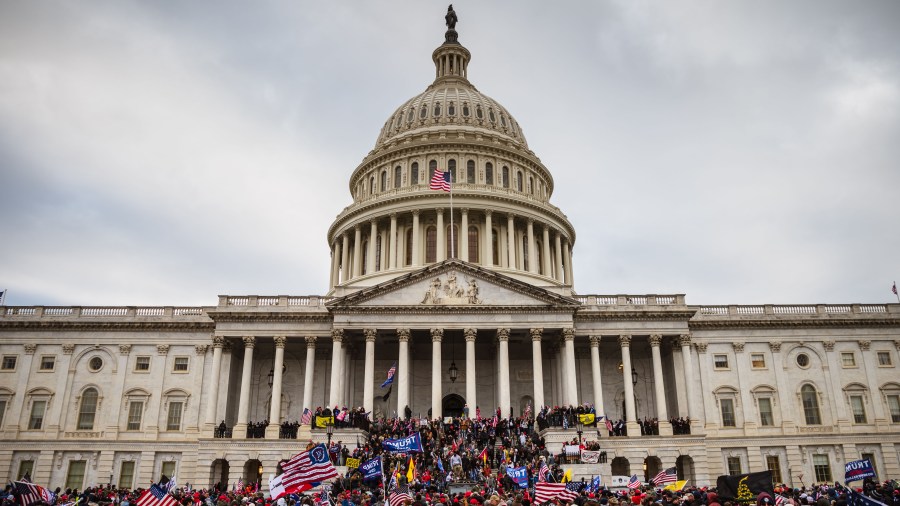Insurrection could be a turning point for social media

For years, and especially in the past year, far-right groups have used social platforms like Twitter and Facebook to organize violent movements. On Wednesday, once again, we saw the results of that online organization lead to real-life violence with an armed insurrection at the U.S. Capitol.
In response, Facebook and Twitter removed posts by President Donald Trump that seemed to encourage the mob, and locked Trump’s accounts on both platforms. Facebook and Instagram started blocking hashtags related to the attack on the Capitol, and Facebook said it would also scan posts for mentions of bringing weapons to any location, in or outside Washington.
I spoke with Joan Donovan, research director of the Shorenstein Center on Media, Politics and Public Policy at Harvard Kennedy School. She told me Wednesday that an event like the Capitol assault, though, felt almost inevitable. The following is an edited transcript of our conversation.

Joan Donovan: It would be my hope that we would realize a lot about our present moment, in terms of the scale at which the fringe has moved into the mainstream and really exploited the openness of our information, of our media, of our court system in order to make today feel like it is the end of everything. And the only way to stop the inevitable would be to riot and take over the Capitol. You can go back two years ago and look at QAnon posts and whatnot and realize that this is something that a group of people have been primed for.
Molly Wood: Yeah, I mean, I think the last time we talked, we said, “Hey, tech platforms, you can’t take credit for the Arab Spring but not take credit for the Proud Boys.” And I wonder how much responsibility do these tech platforms bear here?
Donovan: It’s unfortunate that platform companies view their technologies as merely conduits for whatever anybody wants to say. The problem is, though, they never really built a system that would ensure that people with money and political power wouldn’t use their services to serve their own ends. And that’s where we are right now, where it just seems like a message and a missive like that, if [Trump] were to have to do it in other places, there’d be a lot more context and reporting around why did the President call for this protest in the first place? And how did he do it?
Wood: Could this be the start of a different conversation around social media, for good or for ill, as a national security threat?
Donovan: When we think about what led us here, unfortunately, we’re in this position where we still depend upon these companies in order to run our economy now. And so it’s not as simple as trying to walk it back or trying to think through what are the national security implications. We need to have the political will to do that, and right now, I’m not sure that this is going to be treated as a national security issue when one political party is benefiting from this kind of chaos.
The future of this podcast starts with you.
Every day, the “Marketplace Tech” team demystifies the digital economy with stories that explore more than just Big Tech. We’re committed to covering topics that matter to you and the world around us, diving deep into how technology intersects with climate change, inequity, and disinformation.
As part of a nonprofit newsroom, we’re counting on listeners like you to keep this public service paywall-free and available to all.
Support “Marketplace Tech” in any amount today and become a partner in our mission.


















